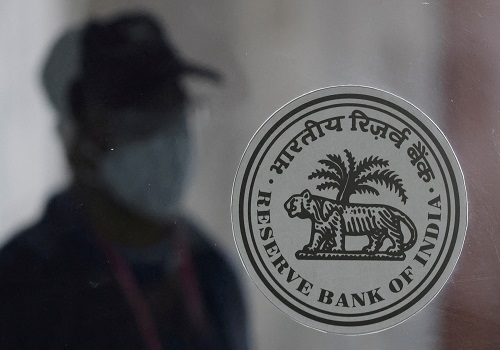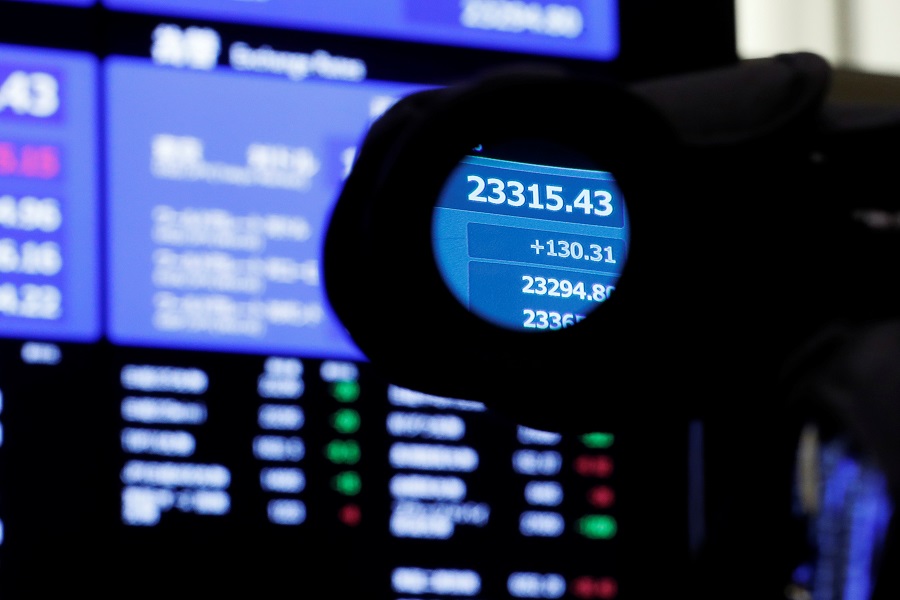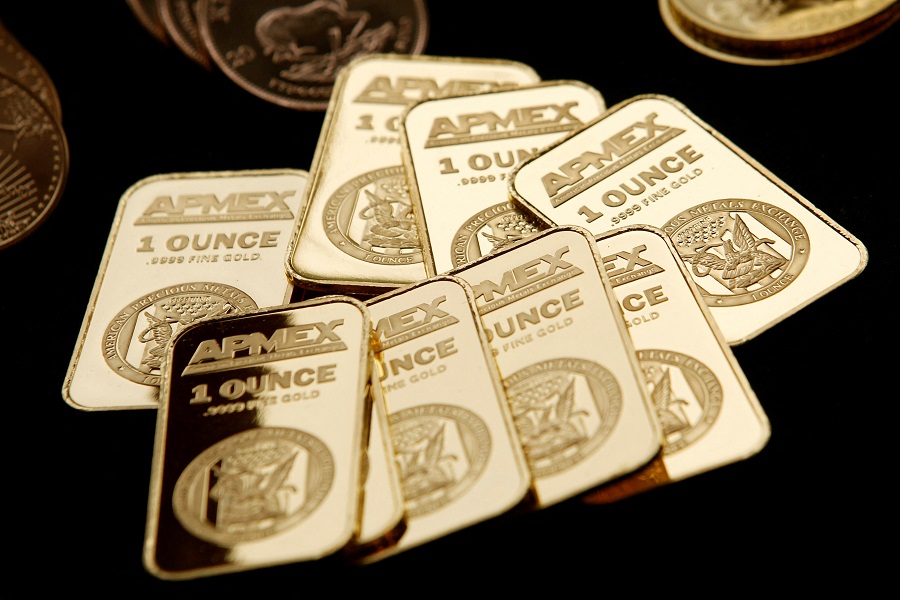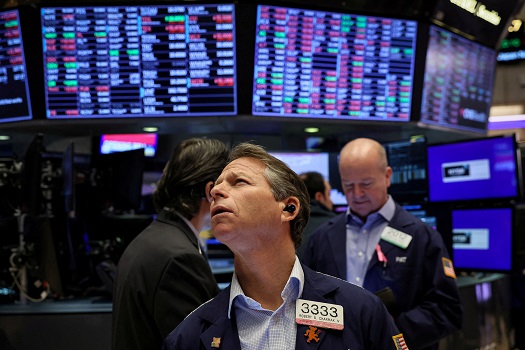Asia stocks mixed, yen nears intervention zone
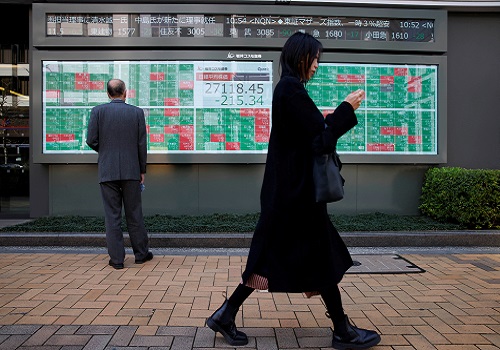
Japanese stocks advanced amid a weakening yen on Wednesday while Chinese stocks slipped, with overall regional trading lacking strong direction in a holiday-shortened week that ends with a key reading of U.S. inflation.
Japan's Nikkei gained 0.93% to 40,775.62 as of 0155 GMT, heading back towards the all-time high of 41,087.75 reached last Friday.
The yen edged toward the 152-per-dollar mark that some see as the red zone for central bank intervention, after Japanese authorities stepped in at 151.94 in October of 2022. The yen was last about 0.1% weaker at 151.73.
The yen has been sliding despite the Bank of Japan's first interest rate hike for 17 years last week.
BOJ board member Naoki Tamura reinforced the dovish outlook regarding further tightening on Wednesday, saying the central bank should "move slowly but steadily toward policy normalisation".
Hong Kong's Hang Seng and mainland Chinese blue chips each lost about 0.4%, reversing gains from the previous session.
Overall, MSCI's broadest index of Asia-Pacific shares advanced 0.11%, but that flipped to a 0.22% decline if Japanese shares were removed.
"It's choppy, directionless trading, and there's a good reason for that: we've hit that time of the quarter when rebalancing flows are impacting the market," said Tony Sycamore, a strategist at IG.
Another reason is that two key events - the release of the U.S. Federal Reserve's favoured inflation indicator and public comments from Fed Chair Jerome Powell - come on Friday, when most markets are closed for a holiday, he added.
Inflation data "have not been doing what's expected", and in the event of a hot reading, "the bumpy road that the Fed has been talking about suddenly starts to look more like a mountain trek", Sycamore said.
The U.S. dollar index, which measures the currency against six major peers, including the yen, was 0.1% higher at 104.39, taking it just below Friday's five-week high of 104.49.
The euro eased 0.07% to $1.08245. Sterling fell 0.11% to $1.2615.
Traders are trying to gauge which of the big central banks will be first to cut rates this year.
Meanwhile, Sweden's Riksbank decides policy later in the day, with a hold widely expected, but markets are looking at hints for a cut by June.
U.S. long-term Treasury note yields were stable at 4.2356%.
Gold eased 0.1% to around $2,176 as it continued to search for a short-term floor following its surge to a record $2,222.39 on Thursday.
Cryptocurrency bitcoin added 0.7% to $70,303.
Crude oil fell for a second day after a report that crude stockpiles surged in the U.S., the world's biggest oil user, and on signs major producers are unlikely to change their output policy at a technical meeting next week. [O/R]
Brent crude futures for May dropped 69 cents, or 0.8%, to $85.56 a barrel. The May contract is set to expire on Thursday and the more actively traded June contract declined 60 cents, or 0.7%, to $85.03.
U.S. West Texas Intermediate (WTI) crude futures for May delivery fell 55 cents, or 0.7%, to $81.07.














